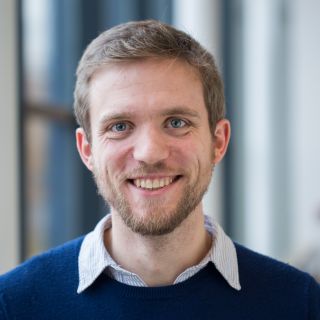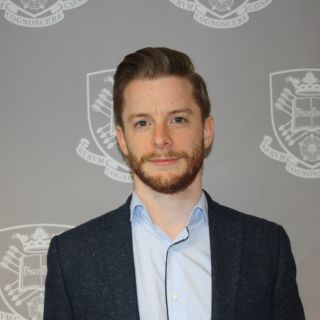
An introduction to MAIHDA models for quantitative intersectional analysis
This workshop is organised by the Well-being, Health and Communities (WHC) and AQM Pathways and is open to all ESRC and non-ESRC funded PhD and MA Social Research students within the WRDTP’s seven partner universities. Whilst this workshop is aimed at WHC and AQM Pathway students, PGRs from all seven interdisciplinary Pathways are welcome to attend.
This 2-hour workshop will introduce attendees to the multilevel approach to quantitative intersectional analysis called ‘MAIHDA’ (Multilevel analysis of individual heterogeneity and discriminatory accuracy). This approach has seen a huge increase in interest in recent years, especially in the health field. It is especially useful to ‘map out’ the intersectional inequalities for a particular outcome, to understand the extent to which these inequalities are additive/multiplicative, and how well intersections are able to predict individual outcomes.
This session will involve an introductory talk followed by a practical exercise on computers. The practical session will involve fitting and interpreting MAIHDA models and comparing them with standard regression approaches.

Dr Andrew Bell
Senior Lecturer in Quantitative Social SciencesBefore moving to Sheffield, Andy was a lecturer at the University of Bristol, where he also completed his undergraduate degree (in Geography) and PhD (in Advanced Quantitative Methods). His current substantive research focuses on mental health from a life course perspective, but also spans a diverse range of other subject areas, including geography, political science, social epidemiology and economics. Methodologically, Andy’s interests are in the development and application of multilevel models, with work focusing on age-period-cohort analysis and fixed and random effects models.

Dr Daniel Holman
Lecturer in Sociology and Public HealthDr. Daniel Holman’s research centres around social science perspectives on health and illness, especially with respect to health inequalities and ageing. He is Principal Investigator (Co-Investigators Professor Sarah Salway and Dr. Andy Bell) on a new ESRC project on intersectional inequalities in later life chronic disease (‘Chronic disease and healthy ageing at the intersections: social locations, biomarkers, and health practices’).
This training session will be delivered face-to-face at the University of Sheffield. This event will be recorded and uploaded to the VIRE after the event.







